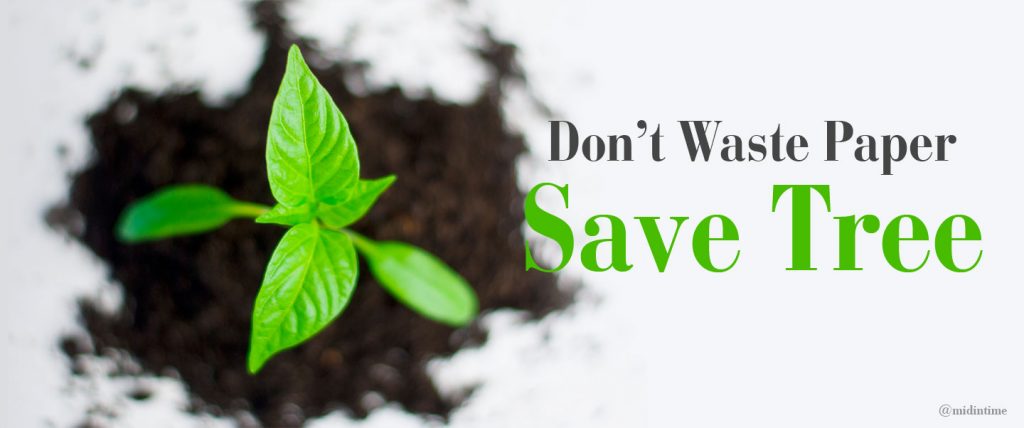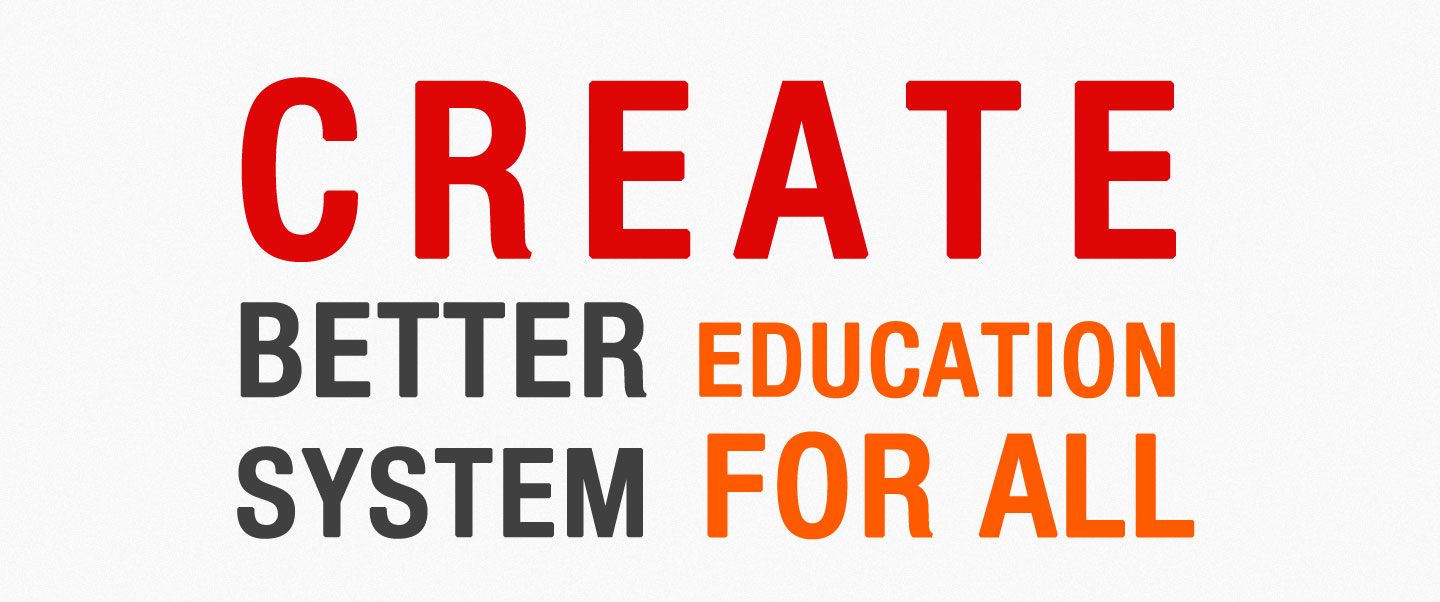Now Reading: World Environment Day: Just a formality or Our Responsibility towards Earth
- 01
World Environment Day: Just a formality or Our Responsibility towards Earth

World Environment Day: Just a formality or Our Responsibility towards Earth
World Environment Day is celebrated as an annual event on every 5th of June since 1973. It was started to solve environmental issues like wastage of food, deforestation, increasing global warming, etc. Every year, the celebration is planned according to the particular theme and slogan.
This year’s theme of world environment day celebration is
“Connecting People to Nature”
It is celebrated to attain carbon neutrality,
- Focusing on forest management,
- Reducing greenhouse effects,
- Promoting biofuel production,
- Using hydropower to enhance electricity production,
- Encouraging the common public to use solar products, and
- Developing drainage systems.
Here are some of the World Environment Day campaign’s objectives:
- It is celebrated to spread awareness about the environmental issues.
- Encourage common people from different society and communities to participate in the celebration to developed environmental safety measures.
- Encourage people to make their nearby surroundings safe and clean to enjoy safer.
“There is enough on earth for everybody’s need, but not enough for everybody’s greed”- Mahatma Gandhi
World Environment Day has created a sense of urgency worldwide. During the recent visit to Russia, the Indian prime minister said that India has been saving the environment for the last 5000 years and is also working on this.
But it is very strange to know that only in India is 65% of total pollution caused by 15-year-old vehicles. These vehicles not only produce air pollution but are also responsible for water, sound, and sand pollution.
Not only BS-4 vehicles but also BS-3 vehicles have been identified as major contributors to rising air pollution levels. Recognizing this, the Government of India has reinforced its commitment to cleaner mobility by extending the ban on the sale and registration of BS-3 and BS-4 vehicles in 2025, ensuring stricter compliance with Bharat Stage (BS) emission norms.
When similar bans were announced in earlier years, a rush was seen the night before the deadline, with thousands of BS-3 vehicles being purchased in bulk. This created both enforcement and environmental challenges. Learning from that experience, the 2025 policy includes real-time monitoring, stricter registration checks, and immediate penal action against non-compliant sales.
This move highlights India’s push towards BS-6 and electric vehicle adoption, aligning with national goals to curb vehicular pollution and promote sustainable transportation. ( Auto Fuel Vision and Policy-2025 )
- Is Environment Issue only for the government?
- Don’t we have any responsibility towards Environment?
- How our greed is overpowered on the environment?
Environmental Issues:
- Vehicles that are not fit are dangerous for the environment. Every year these are increasing in numbers. These types of vehicles are crossing 2.8 crore in number. If it increases in this way, then it will harm earth as well as the environment.
- According to the scrapping policy, if we destroy these vehicles, we can save up to 3.2 billion liters of petroleum, which can be worth 20 thousand crore Rs. This policy will also contribute to the growth of the auto industry by up to 20 thousand crore.
Every year, e-waste produces garbage of 6.2 crore tons; it’s a big challenge for the country. It includes laptops, computers, TVs, and mobiles. It is also very strange that the use of these components has increased tenfold in the past five years, resulting in an increase of e-waste to 3.2 crore tons each year. Over the past five years, we have used 8 crore laptops and computers, bringing the total to 40 crores. According to research, we can build up to 250,000 walls for football grounds that are 27 feet tall from this e-waste.
- Use of plastic is more harmful than an atomic bomb. Every year, it is producing 80 lakh tons of garbage in the sea. The sea has become a depository for waste. Due to plastic, there are 15342 tons of garbage in India. Of this total, 6,137 tons cannot be reprocessed.
- Many cities have banned the use of plastic, but it is not reducing its uses. Plastic cutlery, which is used mostly at home, is also dangerous for your health. We are using 160 billion Rs. The cost of packaged drinking water alone is 160 billion Rs.
Nature has given us 3 billion trees. The average per person is 422 trees. Canada ranks highest, with an average of 8,953 trees per person. India has 35 billion, and the average per person is 28 trees.
Every tree can produce oxygen for four people. Due to the increasing population in the world, 46% of trees have been cut down for homes, paper, sand, and furniture. We harvest 15 billion trees annually.
Approximately 73 million hectares of forests are cleared each year. Every year, we release 40 billion tons of carbon into the atmosphere, which has doubled since 2013.
Cutting down the forest also impacted animals. According to the report of Living Planet, between 1970 and 2010, the population of animals has decreased up to 52%. In every 12 years, 60% of elephants are decreased. Tortoises have decreased by 95% in the last 20 years; dolphins have decreased by 75% in 30 years, and sparrows have decreased by 60%. Only 17000 lions are left in the world, and in India, there are only 523.
The ocean has a lot of water, but it’s not safe to drink. Only 2.5% of water is safe to drink, and 30% of that is underground.
About 1 billion liters of water that we acquire every year comes from the rain. However, for our purposes, we are disposing of 70% of the waste in the water without subjecting it to further treatment. Agriculture uses 82% of the water.
It is a worldwide issue that has to do with the natural resources that are crucial for the earth and for life on it.
All essential resources for life are found in the environment. We should also do things to improve our environment.
It’s everybody’s responsibility to maintain the clean and healthy social environment. There should be no compromise when it comes to the environment. Over the last few decades, environmental issues have gained significant importance.
For the environment, we should decrease our requirement. A little effort can do a lot for the environment and also for the coming generation.
“One, who does not love the nature, cannot love anything in life.”
What is our role to improve Environment?
We should put food on our plates that we can eat. 70 million tons of grain go to waste every year, which could be worth 92 thousand billion Rs.
One-third of the food went to waste because of weddings and other events.
- We can also minimize our water usage by decreasing the size of the toilet tank, turning off the tap while brushing our teeth, and implementing other similar practices. We can also repurify water at our end.
- To increase the groundwater level, we should use the rainwater drainage system at home.
We should turn off the vehicle engine at the traffic signal. In Delhi alone, traffic signals waste 40 thousand liters of petroleum every day.
- We should not mix the e-wastage with other. Dry and wet waste should be separated.
We should decrease the use of paper or only use the paper when necessary. 153 million tons of paper were used between 2015 and 2016. Packaging paper is mostly used on a higher base.
Everybody should grow at least 1 tree in their life. We should plant trees in our home or on the flat campus.
We should use higher-star-rated electronic products, which consume less electricity. This type of electronic product is less harmful to the environment than products with lower star ratings. All the old electronic fans, computers, laptops, and TVs should not be used, as they leave carbon, which is harmful to the environment.
We should not burn the garbage, as it produces air pollution. Electronic, plastic, and other e-waste should be recycled, not burnt. Burning plastic and electronics emits harmful gases due to the presence of toxic materials such as zinc, nickel, lead, barium, and chromium.





